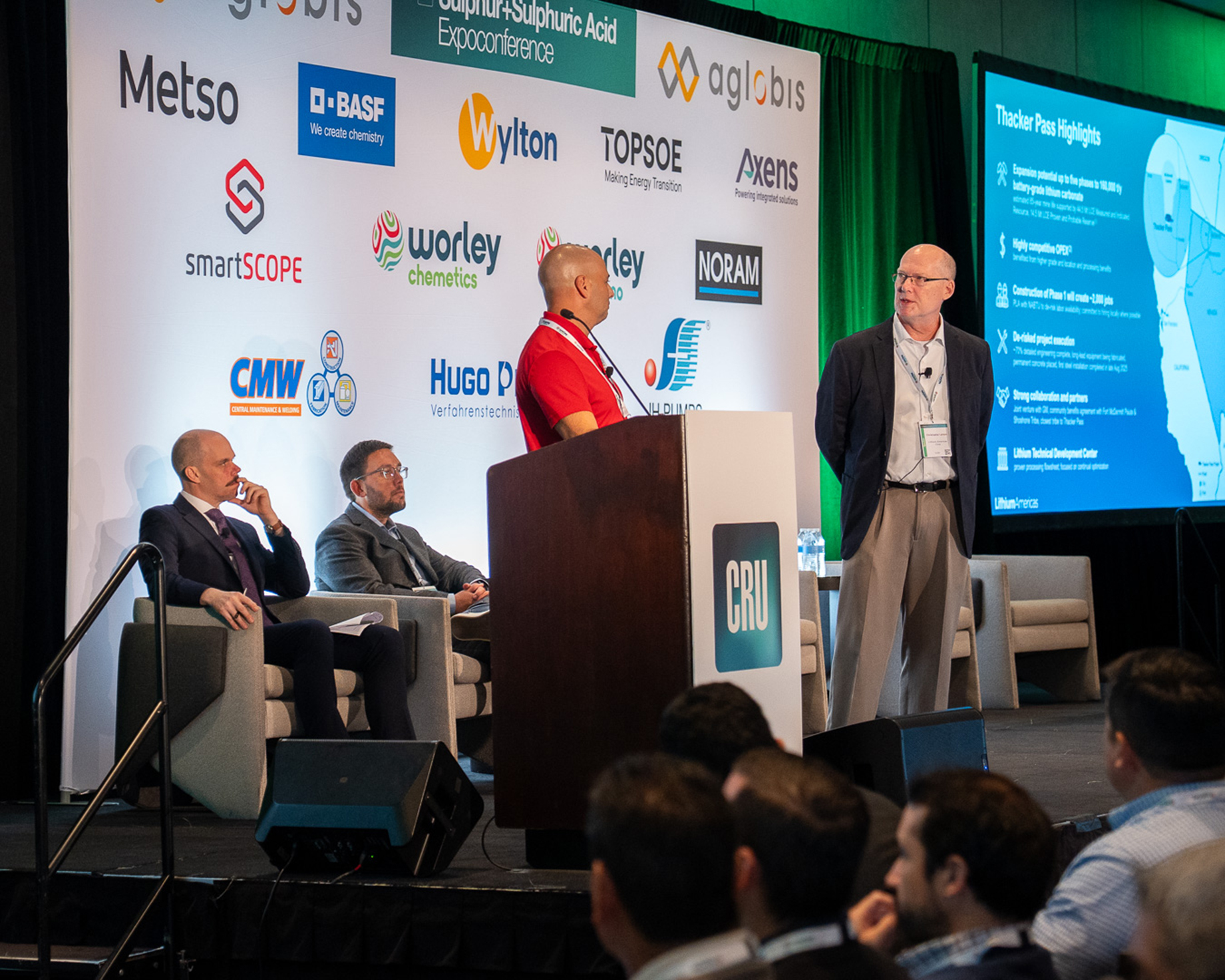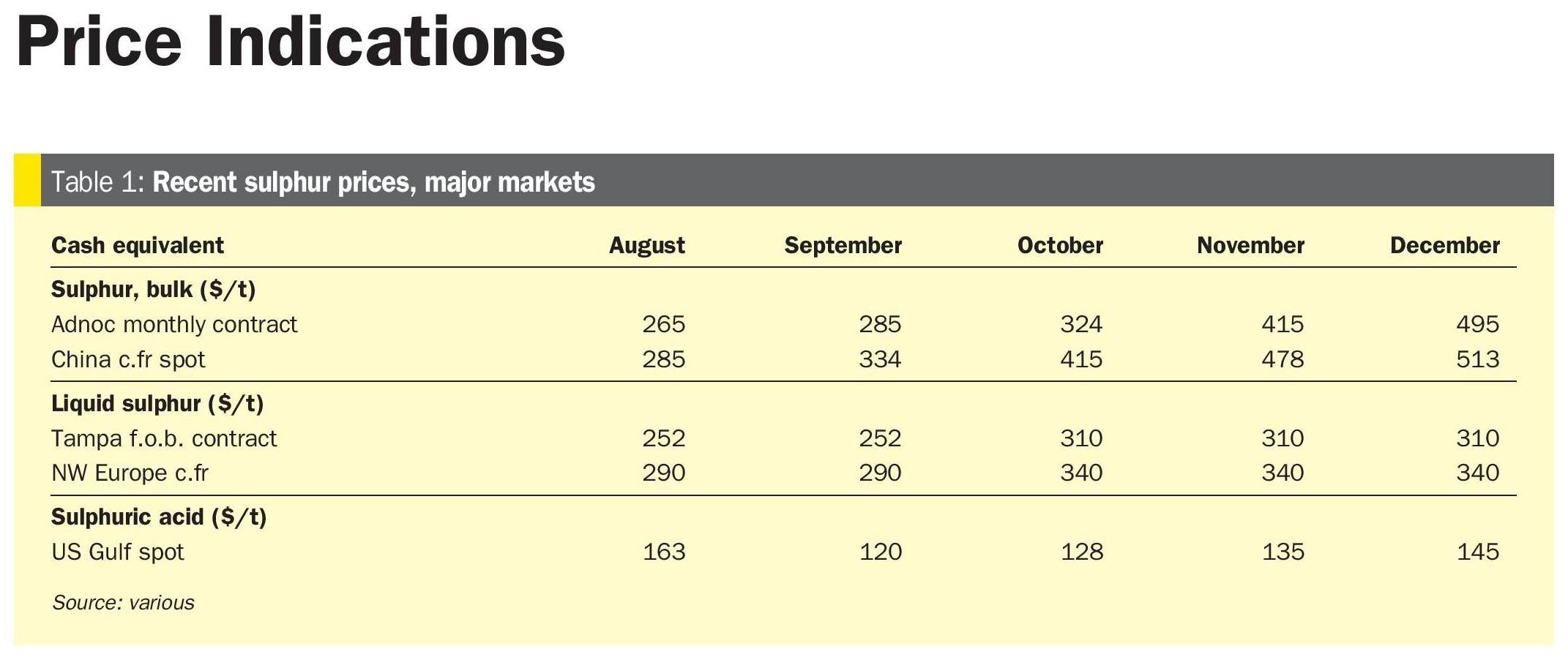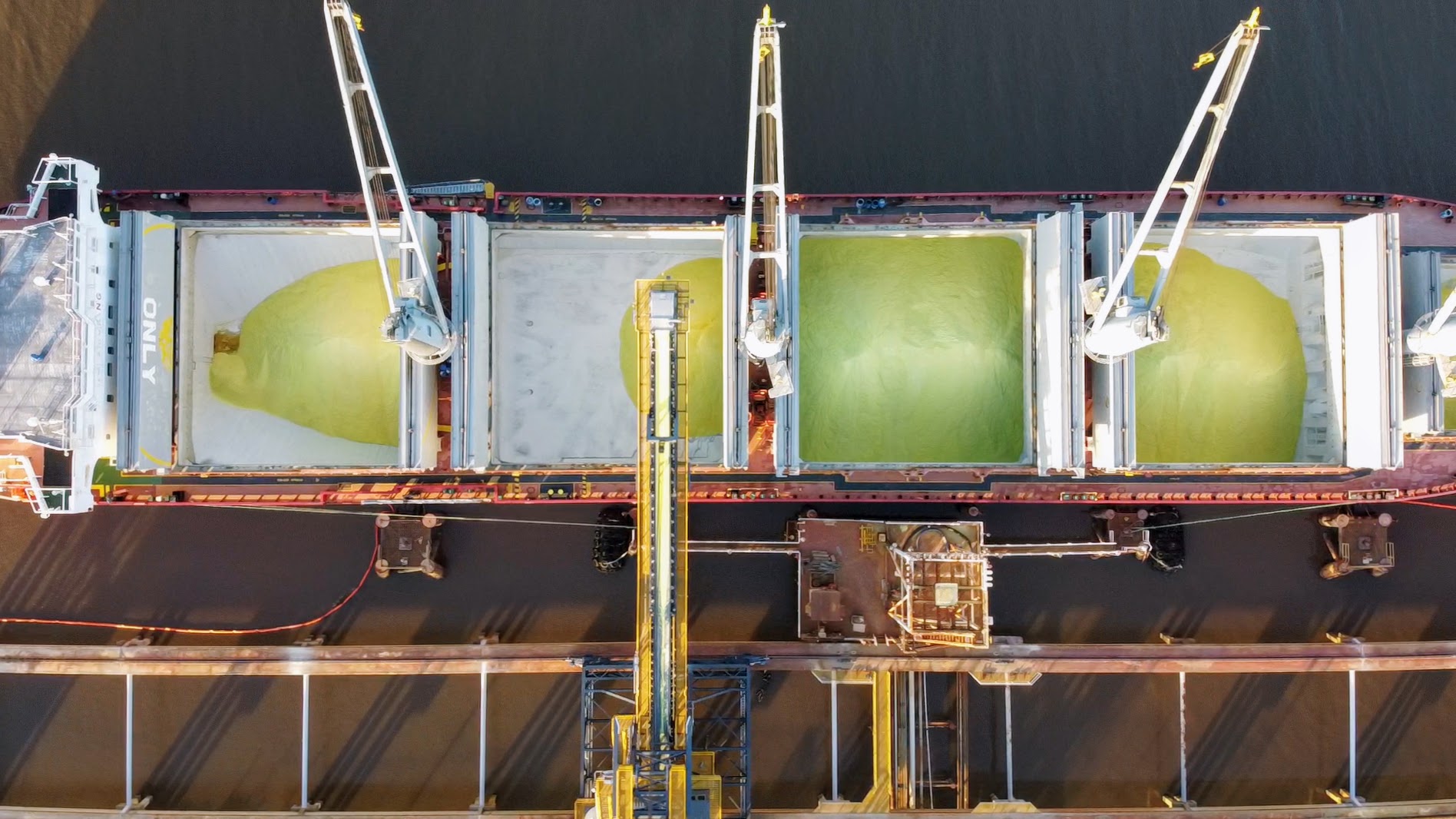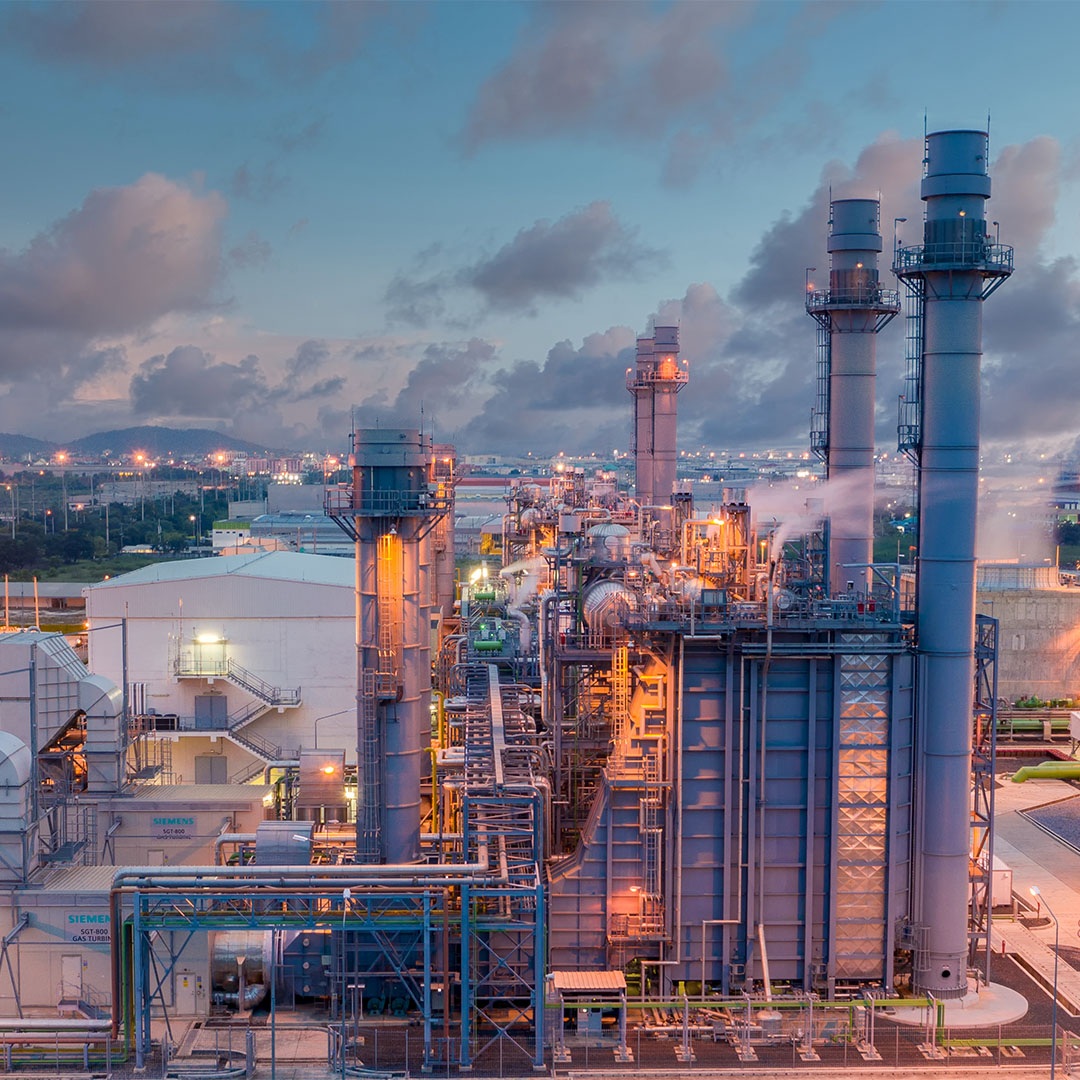Fertilizer International 510 Sept-Oct 2022

30 September 2022
Rooted in potash: Canpotex at 50
CANPOTEX PROFILE
Rooted in potash: Canpotex at 50
Canpotex is celebrating its 50th anniversary year in 2022. The world’s premier potash exporter has been exclusively marketing and distributing Canadian potash overseas since 1972. In this article, we profile this potash export colossus and look back at its landmark achievements over the past five decades.

Taking millions of tonnes of potash from the middle of a landlocked Canadian province, transporting it thousands of kilometres across plains and through mountains to both the Atlantic and Pacific coasts, before finally shipping it to customers around the world by ocean, is a Herculean task. Yet this is exactly what Canpotex has been doing, year in, year out, for five decades.
Canpotex is jointly owned by two North American potash producers, Nutrien Ltd and The Mosaic Company. Collectively, they own and operate 9 Saskatchewan potash mines – the largest concentration of potash capacity anywhere in the world. Over the last five decades, Canpotex has shipped more than 250 million tonnes of potash to more than 60 countries.
Delivering potash to the world
Each year, around 13 million tonnes of Canadian potash is delivered to approximately 120 customers in 40 overseas markets. To accomplish this, Canpotex has developed a sophisticated and efficient supply chain. Notable assets include:
- Two major port terminals on the west coast of North America – Neptune Bulk Terminals in Vancouver, British Columbia, and Portland Bulk Terminals in Portland, Oregon.
- An east coast port terminal in Saint John, New Brunswick
- The use of a Great Lakes terminal at Thunder Bay, Ontario, providing access to the St Lawrence Seaway.
- Storage capacity for more than 700,000 tonnes of potash.
- A fleet of over 6,000 purpose-built rail cars developed in collaboration with Ontario-based National Steel Car.
- A state-of-the-art rail car maintenance facility in Saskatchewan to ensure railcars meet the highest quality, safety and efficiency standards.
Canpotex uses rail for the large-scale transport of potash to its east and west coast terminals. Every year, Canpotex trains make over 800 individual trips to its four ports, carrying millions of tonnes of potash across Canada’s vast prairies and through rugged mountain ranges, often under the extreme weather conditions. The longest trains are made up of 205 railcars and transport over 21,000 tonnes of potash per journey.

For onwards seaborne shipment, the company also manages roughly 270 ocean vessel voyages each year, these making over 600 port calls annually. On any given day, Canpotex is managing 60 or more vessels carrying Canadian potash to its overseas customers.
This complex supply chain is matched by an equally sophisticated logistics operation controlled from Canpotex’s head office in Saskatoon.
Canpotex not only moves potash, it also sells it. As well as running a marketing team at its Saskatoon head office, the company also serves its customer base through an established network of international marketing offices. These are located in Singapore, Shanghai and Sao Paulo, its newest office which opened in 2018.
Food security and balanced fertilization
Canada is home to the world’s richest potash deposits, and the amount of potash farmers use is directly related to the amount of food that the world consumes. With the world’s population at over seven billion currently and rising, and a growing middle class in Asia, the potash shipped by Canpotex has become a vital contributor to global food supply and security.
Potash, for example, is a key fertilizer that has helped to improve the nutrient status of Brazil’s potassium-deficient soils. In Brazil, Canadian potash has played a critical role in improving the yields of major crops such as soybean, sugarcane, corn and coffee.

The company partners with its customers to work alongside farmers, teaching them about fertilizer best management practices and how to maximise the crop benefits that potash offers.
Since 1983, Canpotex has invested upwards of $57 million on education programmes in more than 25 countries. These have focussed on regions with low or imbalanced fertilizer applications. Activities such as region-specific training sessions, demonstration plots, field days and farmer days have all helped to demonstrate the benefits of balanced fertilization.
A successful half century
Commenting on its 50th anniversary and contribution to global food security, Gordon McKenzie, Canpotex’s president and CEO, said: “None of this would have been possible without our customers, employees, shareholders, and communities, and we need to thank them all for their contributions to our success. Although Canpotex has evolved over the years, we have consistently remained a responsible global company with a uniquely Canadian core that supports jobs right here in Saskatchewan.
“Looking to the future, Canpotex is well-positioned to build off our solid foundation as a reliable and responsible exporter of quality Canadian potash. In the next 50 years, food security will be more important than ever – we will continue to be a vital link in helping the world grow more food.”






